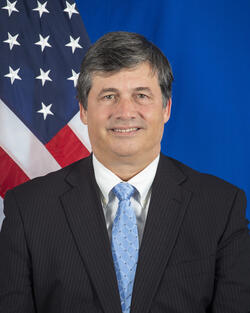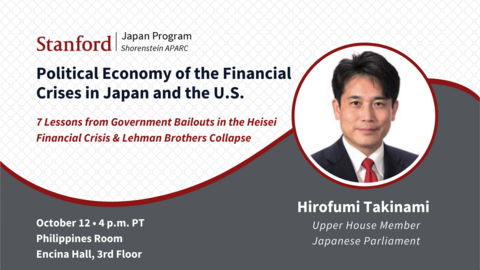Reimagining the Family: Technological Innovations for LGBTQ+ Inclusion

Could technological innovation offer a solution for LGBTQ+ couples in a society where they have no access to legal union? In this special event on Social Tech – innovations with social impact – Koki Uchiyama, a serial entrepreneur, discusses his new venture that leverages blockchain to offer a venue for recognition in Japan, where legislative changes for same-sex union do not seem forthcoming. Following his presentation, Tricia Wang, a tech ethnographer who specializes in infusing human insights into big data and designing equity into systems, will have a dialogue about the promises and challenges of his social innovation.
9:30-10 a.m.
Walk-in (coffee & light refreshments served)
10-10:10 a.m.
Introduction welcome remarks
10:10-11:30 a.m.
Presentation by Koki Uchiyama, followed by a discussion with Tricia Wang and Q&A session
11:30 a.m.-1 p.m.
Lunch buffet & networking
Speakers:

Koki Uchiyama is Founder and CEO of Hotto Link Inc. He founded Hotto Link in 2000 and led it to have the first IPO among all the other social media analytics/listening players in the world. He and his team have been exploring the possibility of utilizing social Big Data and AI specifically to support brands in creating and conducting marketing strategies driven by data and evidence for almost 20 years. He is a pioneer of data-driven marketing.
Uchiyama also has a strong passion for social activities. One of his major activities is leading the "Famiee Project" which aims to help society accept diverse forms of family, including LGBTQ couples. He founded this non-profit organization which (1) issues partnership certificates for LGBTQ+ couples based on blockchain technology and (2) organizes the network of big corporations that provide the benefits or services not only for legally married couples but also for families of LGBTQ+ couples with the certificates. As a representative director of Famiee, he was selected by Forbes JAPAN for their "NEXT 100" list which focuses on influential people who hope to save the world.

Tricia Wang, a social scientist, consultant, and thought leader, is on a relentless quest to ensure technology serves humanity, fostering social impact at the intersection of data and humanity. Renowned for helping companies unearth pivotal customer behavior insights to unlock growth, Tricia co-founded Sudden Compass and has advised industry giants like Google, Spotify, and P&G. Her insights have been featured in publications like Quartz, New Yorker, Buzzfeed, Techcrunch, The Atlantic, Al Jazeera, Slate, Wired, The Guardian, and Fast Company. In a world where data is the cornerstone of innovation, Tricia has long recognized its potential, well before the recent rush of consumer-facing AI products. Tricia's unique fusion of ethnography and data science offers an invaluable perspective on technology, design, and human experience. She has been instrumental in launching tech labs with clients, including a recent collaboration with The World Economic Forum in founding the Crypto Research and Design Lab (CRADL). As an acclaimed speaker, Tricia's enlightening keynotes and her TED Talk delve into AI, data, and their societal, economic, and personal impacts. Her concept of "thick data" advocates for deep human understanding in AI and emerging technologies, transcending conventional data analysis. Her ethnographic fieldwork spans from China to South America and North America, offering unique insights into the adoption of social media under authoritarian regimes and advocating for consumer-centric approaches in the private sector.



























